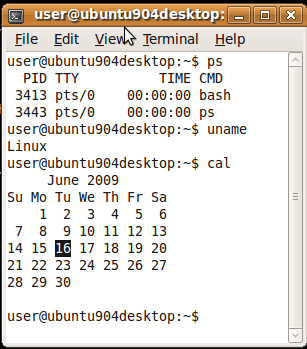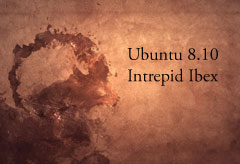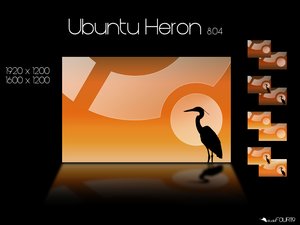I'm reluctant to republish the content of others (as so many sites already do), but .. I found it interesting & noteworthy that » Microsoft has acknowledged Linux as a threat .. especially since I spent so many hours in Linux these past few weeks (learning the Unix shell)
 Copy-n-paste snippet (minor Rad-editing for brevity):
Copy-n-paste snippet (minor Rad-editing for brevity):
"Microsoft acknowledges Linux as the first viable competitor to its Windows client business, due to the use of Linux on netbooks, which are rising in prominence as an alternative to full-sized notebooks.
Microsoft cited Red Hat and Canonical -- the latter of which maintains the Ubuntu Linux distribution -- as competitors to its client business, which includes the desktop version of its Windows OS." </snippet>
Notice how the article said » DESKTOP, and not server. Linux has long been a dominant force in the server market (.. if not the dominant force).
It's difficult to describe why Linux is so cool .. why using it feels so fresh & clean. But I think it has something to do with the good intentions .. that come from thousands of talented programmers donating their time & expertise .. to bring you (for free) an operating system they obviously believe in.
I might be imagining it, but I think you can actually feel these good intentions (while using Linux). Can you feel the difference (in intentions) between someone who genuinely loves you, and someone who is paid to love you?
Moreover, I feel our economy has a lot to do with the Linux threat to the Microsoft desktop. No matter how compelling the product, basic economics suggest it's hard to compete with free. (Which Windows is not.) And in these troubled economic times, free means more than it used to.

 I actually liked being escorted. Felt safe, protected. One walked on each side. They were very nice, professional. So I appreciate whoever it was that set it up. Tho I got some
I actually liked being escorted. Felt safe, protected. One walked on each side. They were very nice, professional. So I appreciate whoever it was that set it up. Tho I got some 






